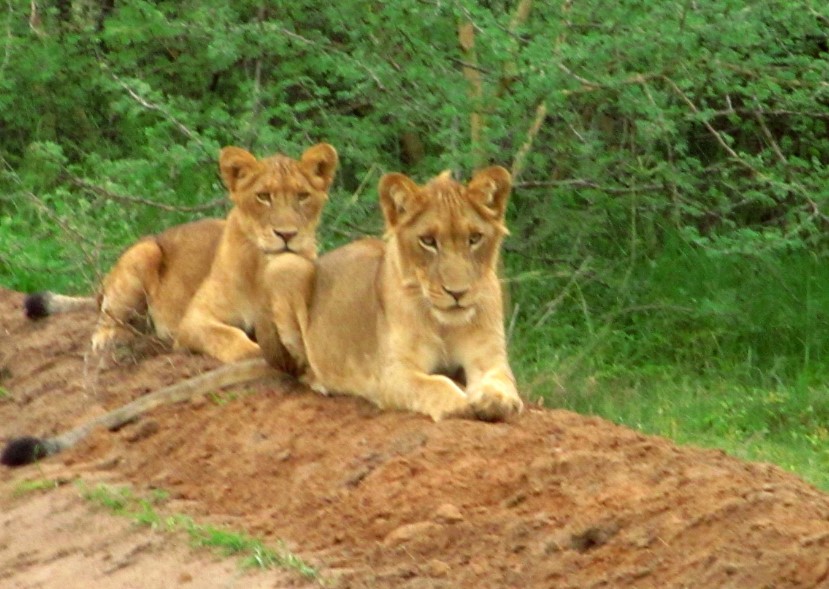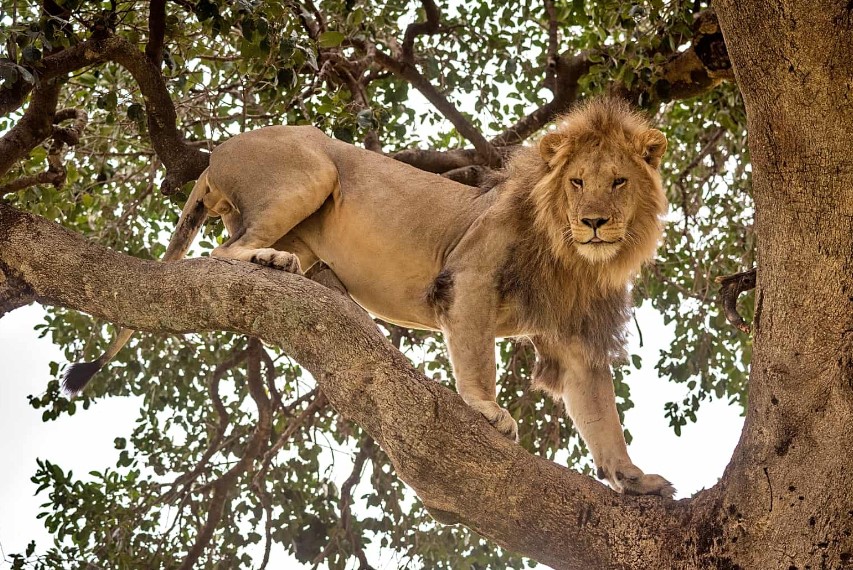Among the many natural treasures of Uganda, lions reign supreme as the iconic apex predators of the African savanna. This article delves into the fascinating world of lions in Uganda, exploring their habitat, conservation efforts, and the significance of their presence within the country.
Habitat and Distribution
Lions (Panthera leo) once roamed across vast expanses of Africa, including Uganda. Today, their numbers have significantly declined, and their distribution has become fragmented. In Uganda, lions can be found primarily in national parks such as Queen Elizabeth National Park, Murchison Falls National Park, and Kidepo Valley National Park. These parks offer diverse landscapes, including open grasslands, acacia woodlands, and riverine forests, providing an ideal habitat for lions to thrive.
Social Structure and Behavior
Lions are highly social animals, living in prides consisting of multiple females, their cubs, and a coalition of dominant males. The pride structure plays a crucial role in hunting, protecting territories, and raising offspring. In Uganda, lion prides are known for their impressive hunting skills, preying on a variety of ungulates such as Uganda kob, Nile buffalo, and Rothschild’s giraffe. Witnessing the coordinated teamwork and stealth of these majestic predators is a remarkable experience.
Conservation Challenges
Despite their majestic presence, lions face significant conservation challenges in Uganda. Human-wildlife conflict, habitat fragmentation, and poaching pose threats to their survival. As human populations expand and encroach upon lion territories, conflicts arise over livestock predation, leading to retaliatory killings. Moreover, the illegal wildlife trade targets lions for their bones, skins, and other body parts, driven by demand for traditional medicine and trophies.
Conservation Efforts
Uganda recognizes the importance of conserving its lion populations and has implemented various initiatives to protect these magnificent creatures. Organizations like the Uganda Carnivore Program work tirelessly to monitor lion populations, study their behavior, and develop conservation strategies. Collaborations between government agencies, local communities, and international partners aim to raise awareness, enhance anti-poaching efforts, and establish sustainable livelihoods that promote coexistence with lions.
Ecotourism and Lion Conservation
Ecotourism plays a vital role in lion conservation efforts in Uganda. National parks offer thrilling safari experiences, providing visitors with a unique opportunity to witness lions in their natural habitat. Revenue generated from tourism contributes directly to conservation projects, empowering local communities and incentivizing them to protect lions and their habitats. Responsible tourism practices, such as maintaining a safe distance and adhering to park regulations, ensure minimal disturbance to the animals.
In conclusion, The lions of Uganda symbolize the country’s commitment to conserving its natural heritage. These magnificent creatures, with their awe-inspiring presence and vital ecological role, deserve our utmost protection. Through continued conservation efforts, community engagement, and sustainable tourism practices, Uganda strives to safeguard its lion populations, ensuring that future generations can also witness the grace and power of these iconic African predators in the Pearl of Africa.



Comment (0)